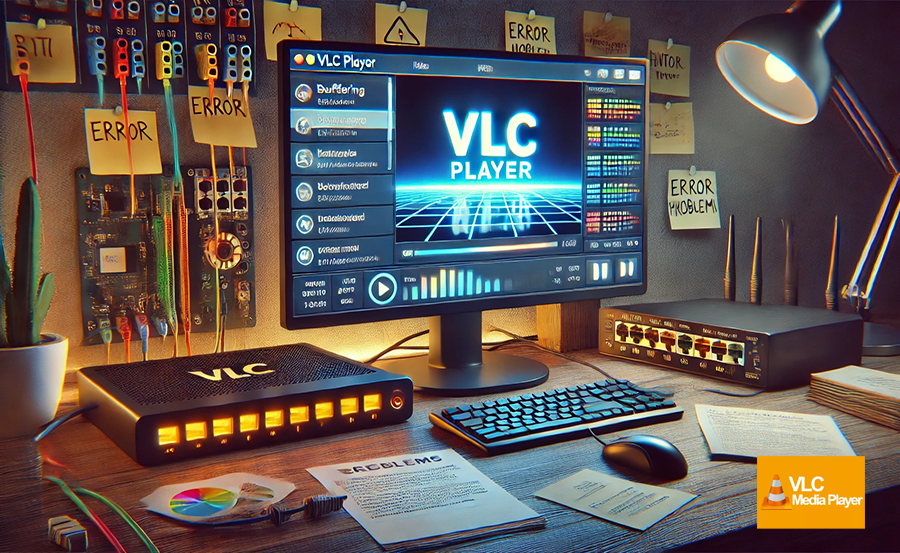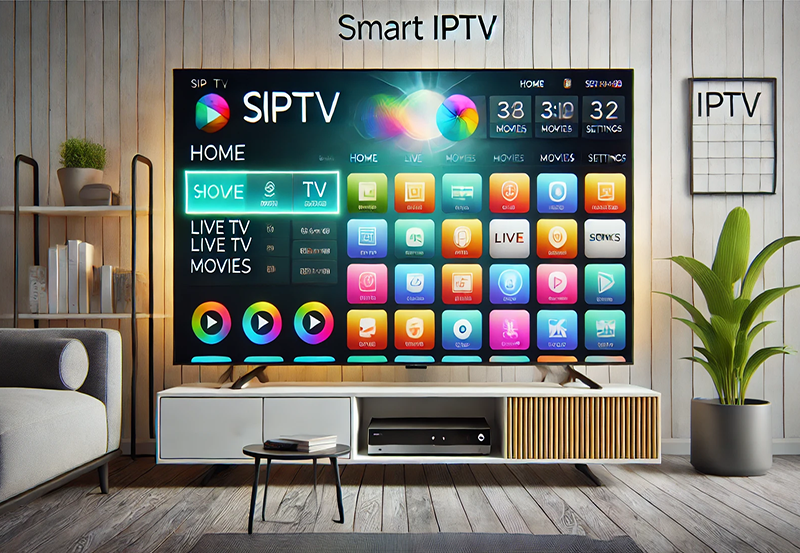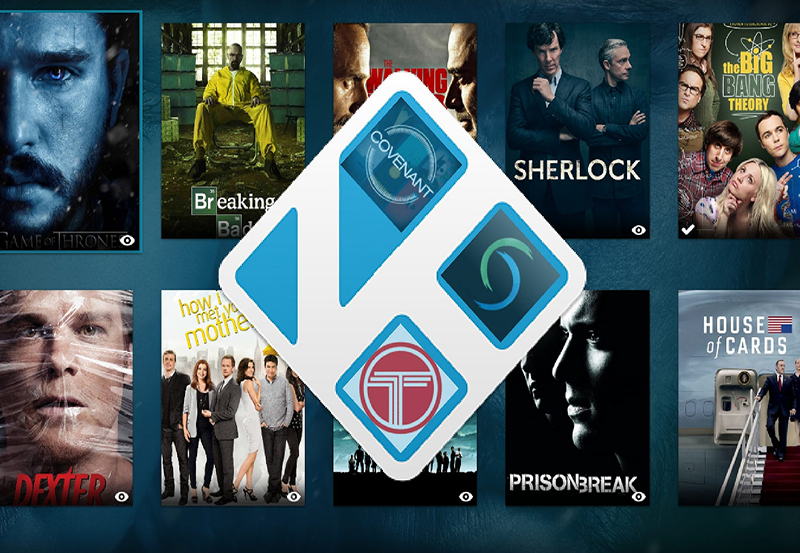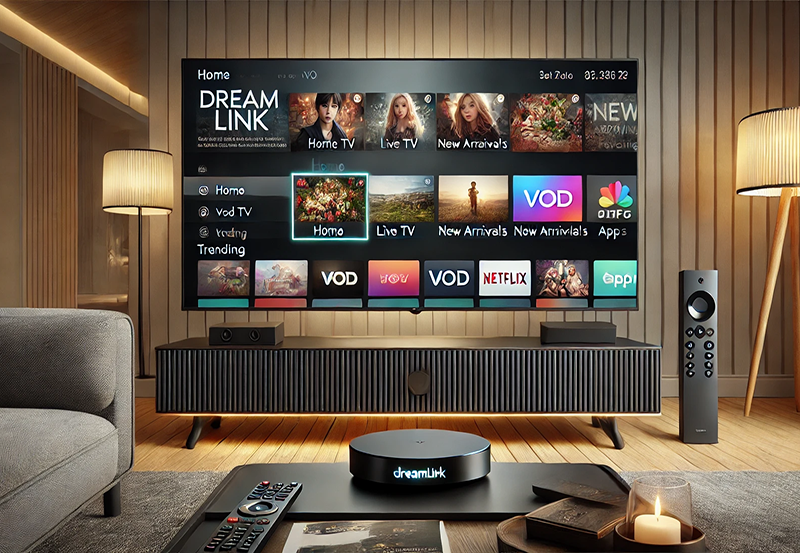In recent years, IPTV has transformed how we approach live TV streaming, offering a flexible alternative to traditional broadcasting. However, as IPTV gains momentum, users often encounter challenges like lag and stuttering, especially when using platforms such as VLC for streaming. This article aims to address the common issues and provide practical solutions to ensure a smooth IPTV experience. Whether you’re a tech enthusiast or a casual viewer, understanding these nuances can significantly enhance your IPTV enjoyment.
Understanding the Basics of IPTV
What is IPTV?
IPTV, or Internet Protocol Television, differs from traditional broadcast methods by delivering television content through the internet. Unlike syndication or cable systems, IPTV uses a packet-switched network like the Internet to stream shows. This technology grants users the ability to stream live TV and access pre-recorded media anytime.
Why Choose IPTV?
IPTV’s appeal lies in its flexibility and variety. Viewers can opt for live broadcasts, video-on-demand, or network-recorded shows. Furthermore, IPTV supports various devices, offering versatility in viewing options and attracting a broad audience. Utilizing devices like Roku enhances this experience, providing seamless integrations.
Quick Tip:
Never miss a live event again! Subscribe to Affordable IPTV services for sports enthusiasts worldwide.
The Common Issues: Lag and Stuttering in VLC
Identifying the Symptoms
Lag and stuttering manifest as interruptions and delays during streaming, making the content difficult to watch. These issues may be caused by unoptimized settings, network instability, or even device limitations.
Recognizing the Causes
The root causes of lag and stuttering can vary widely—from insufficient bandwidth to configuration issues within VLC itself. Identifying the specific source is crucial for finding an effective solution. Factors such as system performance and outdated software can exacerbate the issue.
Optimizing Your Network Settings
Improving Bandwidth
Investing in high-speed internet and ensuring your connection is stable can minimize disruptions. Conduct regular speed tests to confirm your current bandwidth suffices for high-quality streaming.
Adjusting Router Configurations
Positioning your router centrally and minimizing obstacles can enhance signal distribution. Upgrading the router or changing settings such as DNS can also lead to improved performance.
Tweaking VLC for Better Performance
Configuring VLC Settings
VLC offers multiple settings that, when adjusted correctly, can alleviate streaming issues. This includes buffering options or hardware acceleration. Experimenting with these settings will help find what works best for your system.
Utilizing VLC’s Advanced Features
Explore VLC’s vast features, including various video outputs and filters. These tools can significantly affect playback quality, directly impacting live streaming efficacy.
Exploring Alternative IPTV Solutions
Choosing the Right IPTV Service
Not all IPTV services are created equal. Investigate options that prioritize quality and reliability. Customer reviews and trial periods can be instrumental in making an informed choice.
Device Compatibility and Its Importance
Ensure that your device, like Roku, supports your chosen IPTV service. Compatibility significantly influences performance and can dictate user satisfaction.
Creative Approaches to Enhance IPTV Experience
Combining Technology for Optimal Results
Employing additional tools such as VPNs can stabilize internet connections. However, ensure your chosen VPN supports streaming platforms and maintains speed.
Leveraging Community and Expert Advice
Engage with forums or reach out to experts in IPTV enjoyment. Such communities often provide unique insights and troubleshoot unanticipated issues effectively.
Frequently Asked Questions

How do I reduce lag in VLC?
To reduce lag, tweak VLC buffering settings, ensure your internet connection is stable, and consider upgrading your bandwidth if necessary.
What internet speed is recommended for IPTV?
For a seamless IPTV experience, at least 15 Mbps is advised for full HD streaming. Higher speeds are necessary for 4K content.
Can a VPN improve my IPTV streaming?
Yes, a VPN can enhance privacy and potentially stabilize your connection, provided it is optimized for speed and supports streaming.
Is it essential to update VLC frequently?
Keeping VLC updated ensures you benefit from the latest features and bug fixes, often contributing to better streaming performance.
NVIDIA Shield TV for Family Entertainment: Best Apps and Channels





